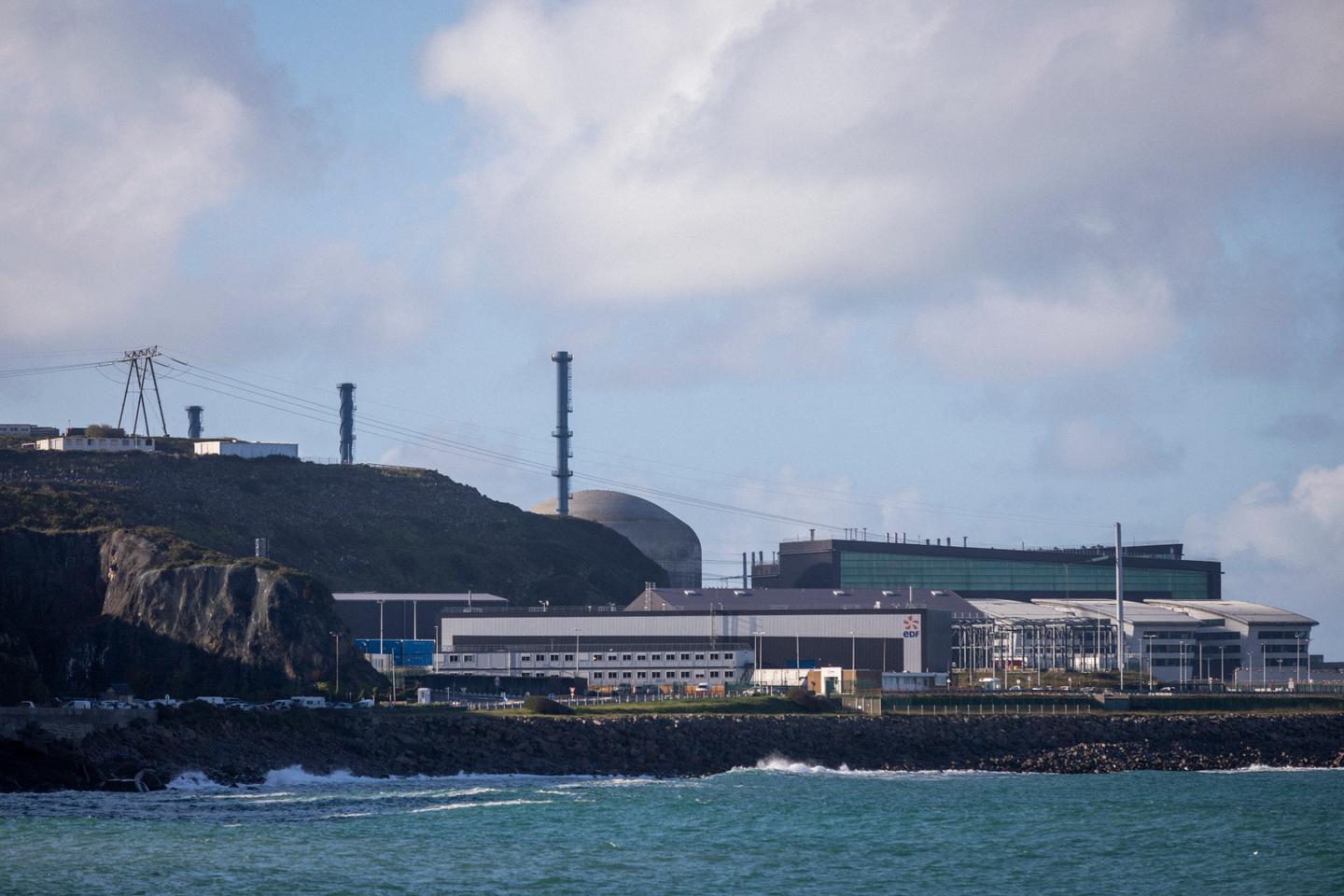- cross-posted to:
- [email protected]
- cross-posted to:
- [email protected]
Summary
France’s Flamanville 3 nuclear reactor, its most powerful at 1,600 MW, was connected to the grid on December 21 after 17 years of construction plagued by delays and budget overruns.
The European Pressurized Reactor (EPR), designed to boost nuclear energy post-Chernobyl, is 12 years behind schedule and cost €13.2 billion, quadruple initial estimates.
President Macron hailed the launch as a key step for low-carbon energy and energy security.
Nuclear power, which supplies 60% of France’s electricity, is central to Macron’s plan for a “nuclear renaissance.”



A nuclear booster’s excuse dichotomy:
If someone says, “nuclear isn’t safe,” respond “nuclear is heavily regulated and perfectly safe!”
If someone says, “nuclear is comically expensive,” respond “that’s only because of regulation!”
You’re pretending I said something I didn’t. It’s perfectly safe because of all the safeguards in place. Some regulations are needed, but it’s over-regulated. Anyone who doesn’t have their head in their ass can see this. Nuclear power generators have to contain all of their fuel (and pay in advance for the privilege), meanwhile coal spews radioactive material everyone at no cost to themselves. Does that seem reasonable?
Nuclear has caused very few deaths and little damage relative to most other power sources. It is safer than ever and only getting safer. It’s a fantastic base-load power source. If you factor in storage to green energy (which I approve of too) it becomes even more expensive than nuclear. Nuclear doesn’t need storage as it can ramp up at any time. Green energy is great for peak-demand during the day, but when it’s not available or not sufficient, nuclear is an ideal option to make up for it.